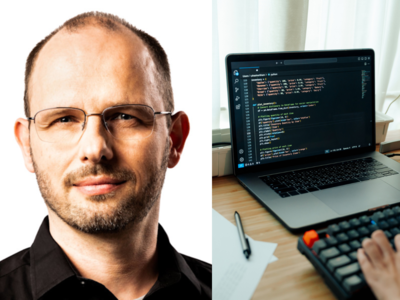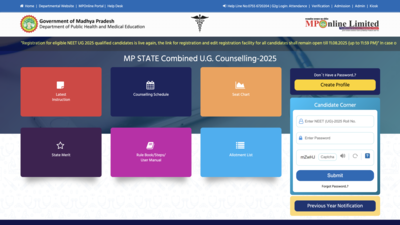“Either embrace AI or get out of your career,” says GitHub CEO Thomas Dohmke: Here’s what software professionals need to know

Thomas Dohmke didn’t mince his words. “Either you have to embrace the AI, or you get out of your career,” the GitHub CEO declared in his recent blog post, “Developers, Reinvented.” The message wasn’t wrapped in corporate jargon or polite ambiguity, it was a thunderclap.For anyone still clinging to the traditional image of a software developer hunched over a keyboard writing every line of code from scratch, this is the moment of reckoning. Dohmke’s post is more than a call to adapt. It’s a demand for professional reinvention in the face of a radically changing landscape.
The death of the old developer
The era of keyboard craftsmanship is winding down. Developers are no longer defined by their ability to churn out loops, functions, or flawless syntax. That kind of work is increasingly being delegated to machines that don’t sleep, don’t forget, and don’t get stuck on a semicolon.GitHub Copilot and tools like it are no longer novelties; they are reshaping how software is built. Code completion, bug fixes, boilerplate generation- these are now table stakes, handled by AI. What’s left for the human developer? A new role, one that requires a shift in thinking.As Dohmke lays it out, developers must evolve through four stages: From AI Skeptic, to Explorer, to Collaborator, and ultimately, to AI Strategist. At that final stage, the developer isn’t writing code line-by-line. They’re directing AI systems, designing intelligent workflows, validating outputs, and shaping product architecture.The future developer doesn’t just build software. They orchestrate intelligence.
This isn’t hype. It’s a career survival guide
The blog post doesn’t pander to panic; it explains it. Dohmke’s insights come on the heels of interviews with 22 developers already deep in the AI trenches. The verdict? Nearly all of them believe a world where 90% of code is written by AI is not only possible, it’s imminent. For some, it’s two years away. For others, five.The implication is clear: Software engineers who ignore AI will become obsolete by their own inaction. Not because they’re not smart, but because they failed to evolve with the demands of their own profession.
The new developer skillset
It’s no longer enough to know your way around Python or JavaScript. Tomorrow’s software engineer needs a very different toolkit:
AI literacy : Understanding how language models work and where they fail.
- Prompt engineering: Knowing how to speak to machines in a way that gets results.
- Multi-agent orchestration: Managing AI agents that complete tasks autonomously and in parallel.
- System validation: Ensuring the integrity of AI-generated code through rigorous human oversight.
As Dohmke points out, “Maybe we become less code producers and more code enablers.” He’s quoting one of the developers GitHub interviewed, someone who now imagines his future title not as engineer, but Creative Director of Code.
That’s not a gimmick. That’s the trajectory.
The education system is already behindIf this is the future of development, then universities are already lagging behind. Computer science departments still hand out degrees based on a curriculum that assumes students will be the ones writing the code.Dohmke’s message to institutions is as blunt as his warning to developers: start teaching AI fluency, agent orchestration, and human-AI collaboration now. The industry has already moved. Academia needs to catch up.
From fear to fluency
Dohmke’s blog ends on a note that’s both sobering and hopeful. “Developers worldwide are already moving from skepticism to confidence,” he writes. That fear of being replaced by AI? It’s giving way to curiosity, ambition, and even excitement. Developers are beginning to understand that AI is not the enemy, it’s the most powerful collaborator they’ll ever have.The best engineers won’t be the ones who write the most code. They’ll be the ones who ask the right questions, design the best prompts, and know when to step in and when to let AI take the reins.The bottom lineThere are moments in every profession when the ground shifts underfoot. This is one of those moments for software engineers. The question now isn’t whether AI will change your job. It already has. The only question left is what you plan to do about it.And if you’re still on the fence, take a long, hard look at Dohmke’s warning. Because in this new world of intelligent systems and autonomous agents, hesitation isn’t caution. It’s surrender.





